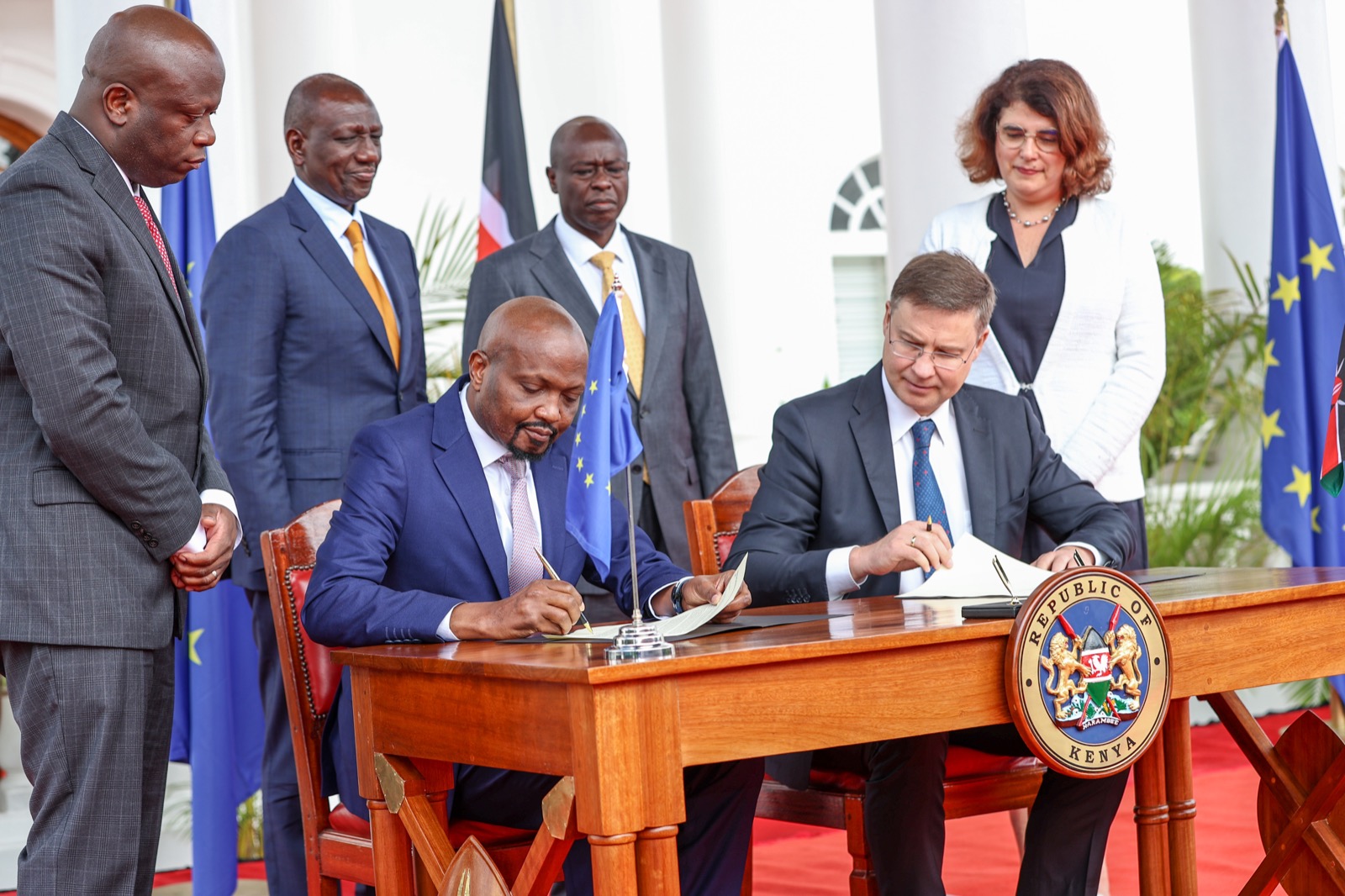
- Kenya and the European Union have finalized a trade agreement, granting Kenya duty-free and quota-free access to the EU, its largest market and a crucial destination for its exports.
- The deal will lead to progressive tariff reductions on certain EU imports to Kenya over a 25-year period, providing stability and market opportunities for Kenyan farmers and industrialists.
- This trade agreement is significant as it marks the first major trade deal between the EU and an African country since 2016 and comes as Western allies.
In a victory for Brussels as it seeks closer economic links with Africa in the face of competition from China, Kenya, and the European Union have inked a trade agreement.
On Monday, a ceremony in Nairobi marked the official end of talks for the EU-Kenya Economic Partnership Agreement under the leadership of Kenyan President William Ruto.
Kenya would get duty-free and quota-free access to the EU, its largest market and the destination of around one-fifth of all exports, once the agreement is confirmed and implemented. Progressive tariff reductions will be applied to some imports from the EU to Kenya over a 25-year period, however, some delicate goods would be exempt.
“Today is a very proud moment for Kenya, and I believe a very proud moment for the European Union,” Kenyan Trade Minister Moses Kuria said after signing the accord with EU Trade Commissioner Valdis Dombrovskis. More than 70% of Kenya’s cut flowers are destined for Europe.
According to Ruto, the EU is second in importance to the World Bank as a development partner for Kenya, and this deal with the EU would give Kenyan farmers assurance of a predictable market and new potential to expand this trade.
“It ensures a stable market for industrialists, for our farmers, and also industrialists in the European Union,” he said.
This new deal comes after China went on a spending binge on expensive infrastructure projects throughout the continent, and it is the first significant trade agreement between the EU and an African country since 2016.
The EU said in February that it will raise investments in Kenya by hundreds of millions of euros through its own Global Gateway plan, in an effort to compete with China's Belt and Road initiative.
The agreement fits into a recent trend of Western allies courting African countries as Russia and China acquire more influence there.
The Kenya agreement is the result of trade negotiations that the EU and the East African Community (EAC) began around ten years ago.
An economic partnership deal was finalized in 2014 by the EU and the EAC, which at the time consisted of Kenya, Rwanda, Uganda, Burundi, and Tanzania. However, only Nairobi ultimately ratified the pact.
Although Dombrovskis stated that the deal was still available for additional EAC countries to join, including the Democratic Republic of the Congo and South Sudan, Kenya went its own way.
Read Full Story

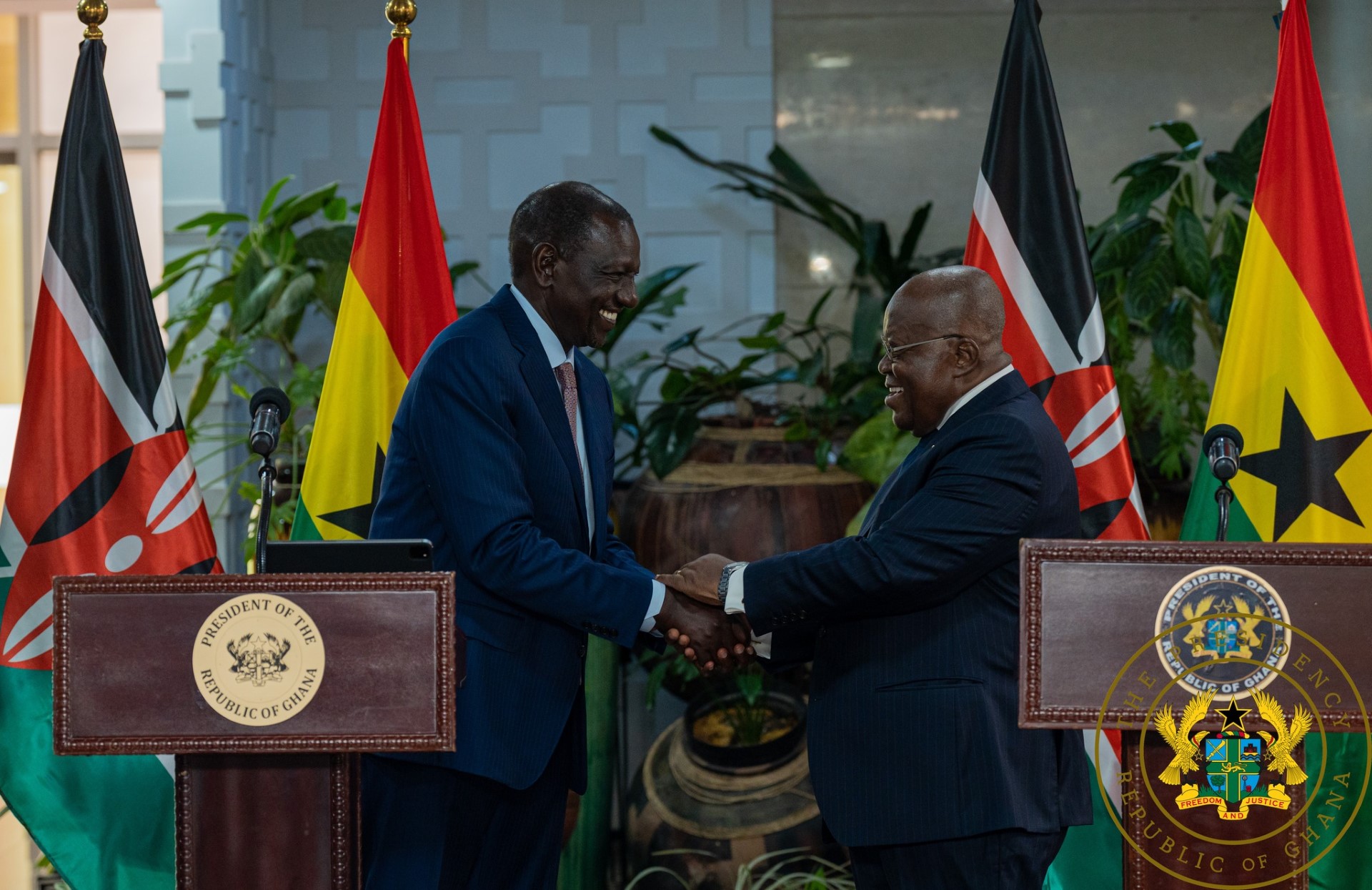
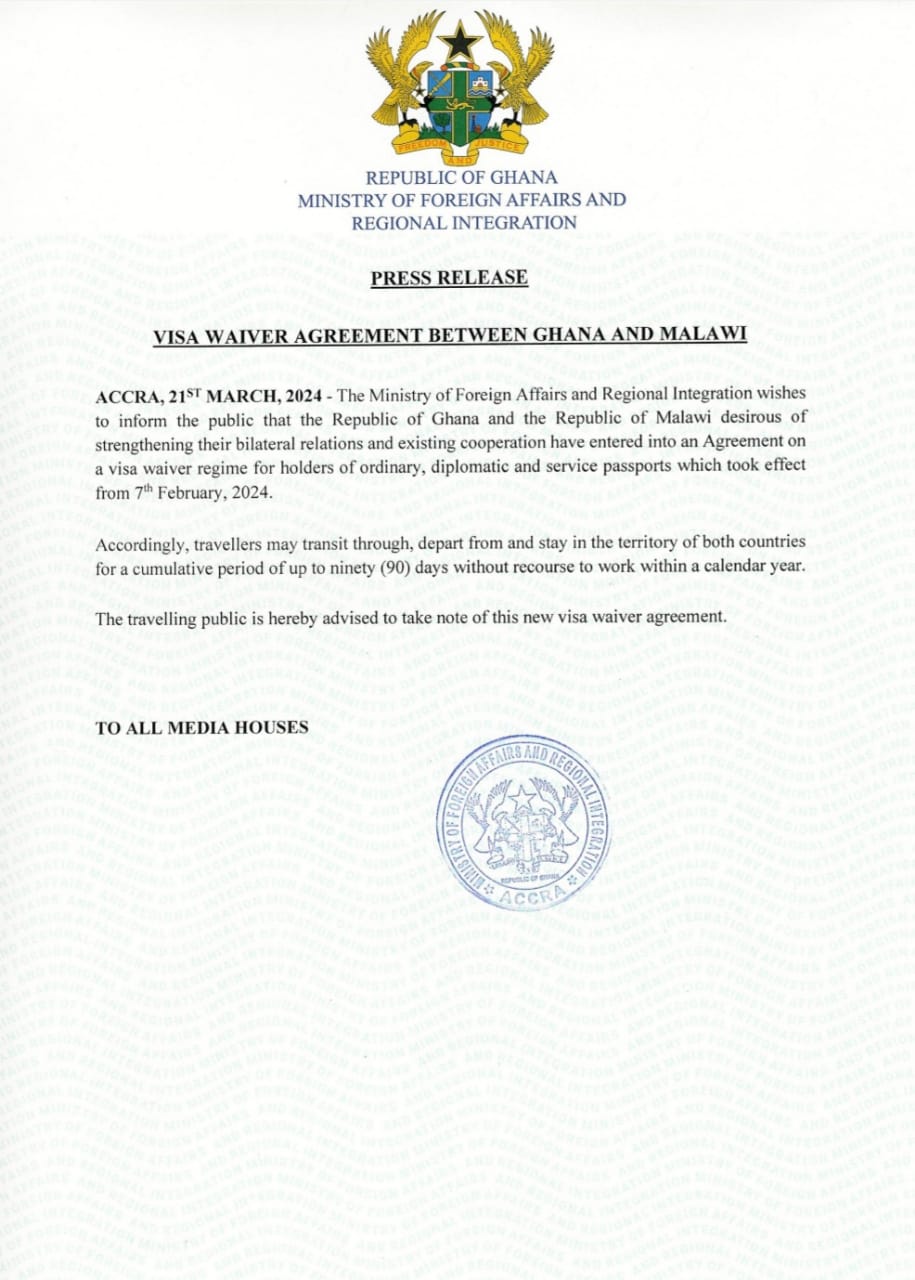
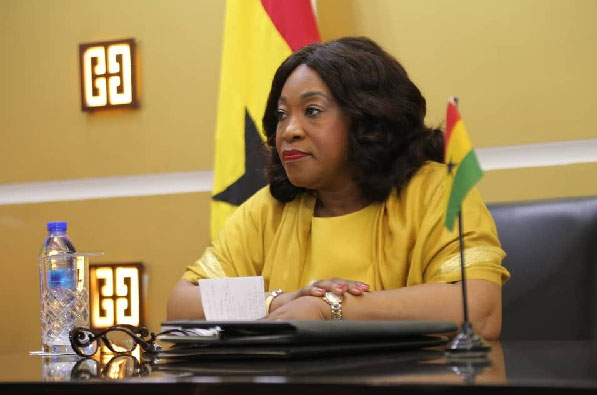














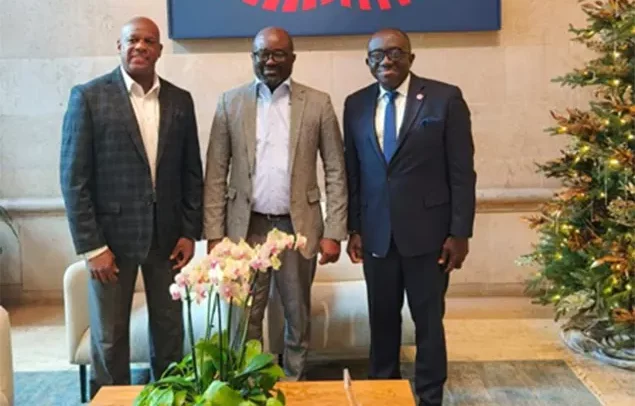


Facebook
Twitter
Pinterest
Instagram
Google+
YouTube
LinkedIn
RSS